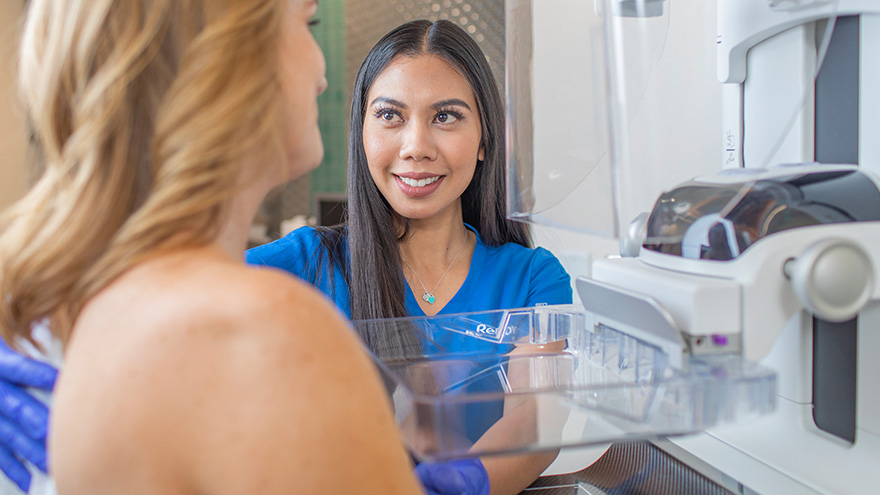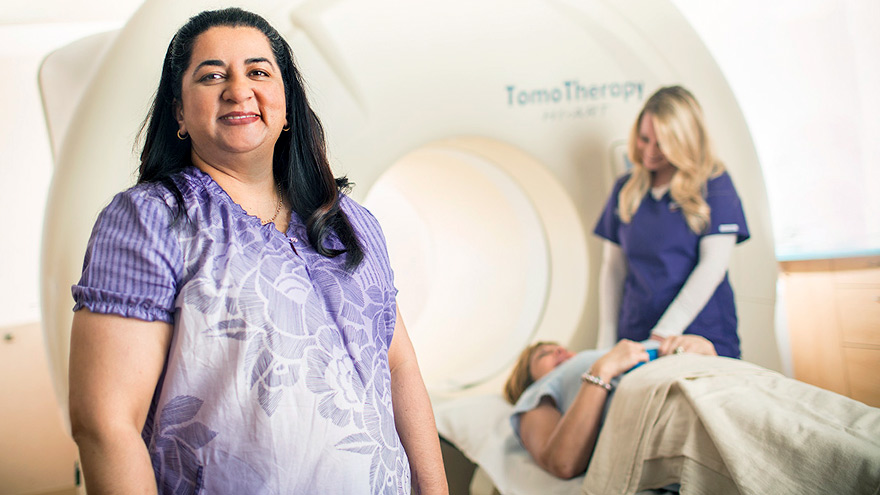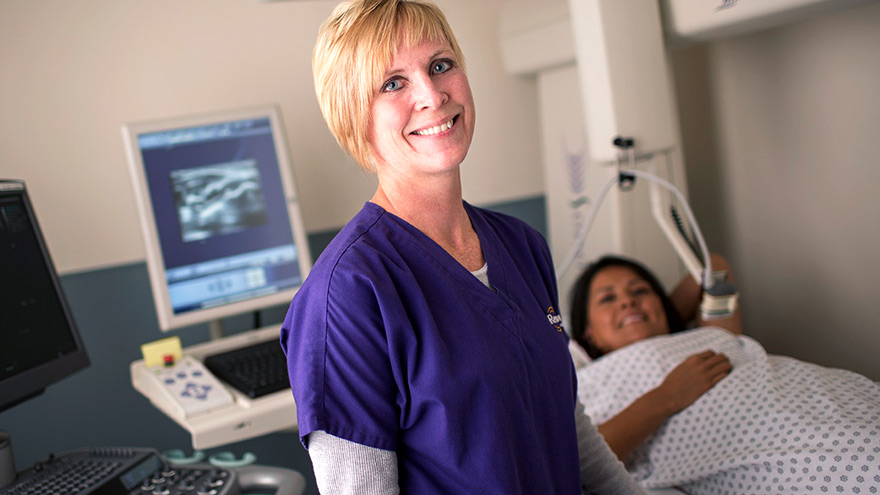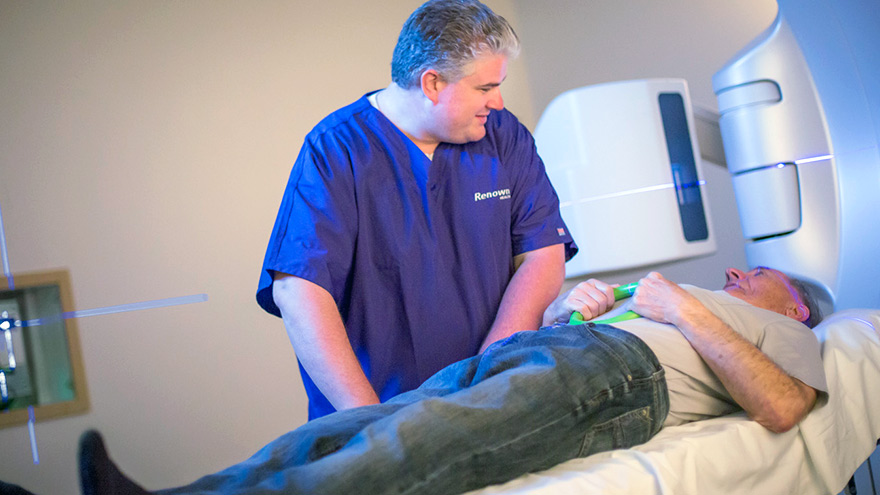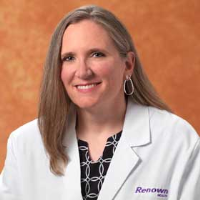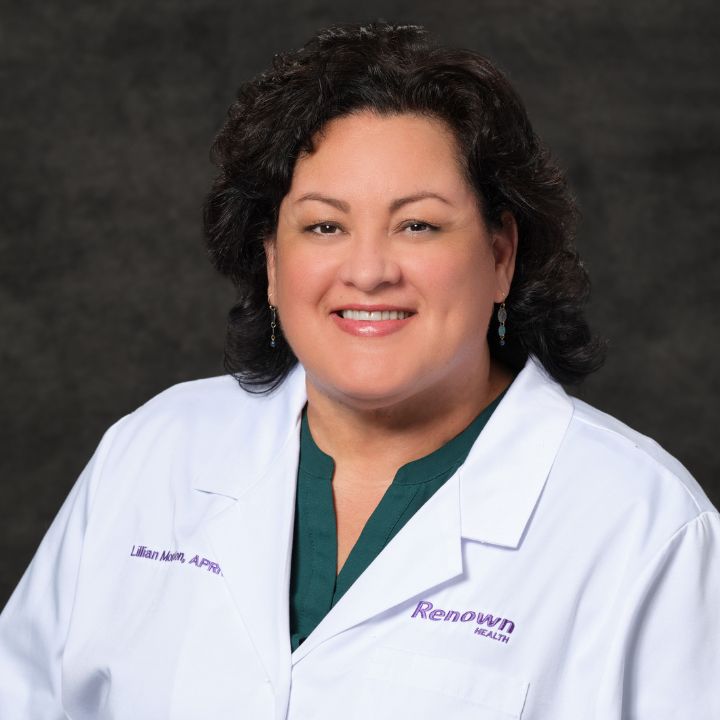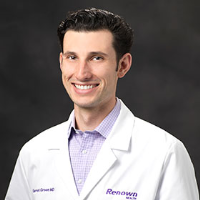Detecting Cancer Early for Better Outcomes
Early detection plays a crucial role in effectively managing cancer. By undergoing regular cancer screening tests, you can identify the presence of cancerous cells or tumors even before symptoms manifest. It provides an opportunity for timely intervention and increases the chances of successful treatment and recovery.
At the William N. Pennington Cancer Institute, your care team is essential in determining which screenings are most appropriate for you and your family based on your medical history, age, and risk factors. They can guide you through the various screening options available and address any concerns or questions you may have.
Cancer screening tests encompass a range of examinations, including imaging techniques such as X-rays, CT scans, MRI scans, as well as specific tests like mammograms, Pap smears, colonoscopies, and prostate-specific antigen (PSA) tests. These screenings aim to detect breast, lung, prostate, colorectal, cervical, and other types of cancers.
By prioritizing cancer screenings and preventive measures, you take an active role in safeguarding your health. Detecting cancer early significantly increases the chances of successful treatment and improves overall outcomes.
Prevention
Cancer prevention is a vital aspect of maintaining overall health and well-being. One significant preventive measure is the administration of HPV (human papillomavirus) vaccines. HPV is a common sexually transmitted infection that can lead to several types of cancers, including cervical, vaginal, vulvar, anal, penile, and oropharyngeal cancers. HPV vaccines are designed to protect against high-risk HPV strains responsible for the majority of these infections. By getting vaccinated, individuals can significantly reduce their risk of developing HPV-related cancers. These vaccines are most effective when administered before exposure to the virus through sexual activity. Therefore, early vaccination, ideally during adolescence or early adulthood, is crucial for long-term protection. By prioritizing HPV vaccination as part of comprehensive cancer prevention strategies, individuals can take proactive steps towards reducing the risk of these preventable cancers.
Cancer Screening & Prevention
Screening tests can help find cancer early on before symptoms appear. Speaking with your provider offers the ideal opportunity to have your questions answered and help you understand what types of screenings are important for you and your family.
-
Breast Cancer
-
Colon & Rectal Cancer
-
Gynecologic Cancer
-
Lung Cancer
-
Prostate Cancer
Get Screened
Breast Cancer Screening - 3D Mammogram or Total Breast Ultrasound
775-982-8100Colorectal Cancer Screening
775-982-4000Gynecologic Cancer Screening
775-982-4000Lung Cancer Screening
775-982-2360Prostate Cancer Screening
775-982-4000Programs & Services
- Breast Cancer Screening
- Breast Surgical Oncology
- Cancer Care
- Cancer Nurse Navigators
- Cancer Care Team
- Cancer Clinical Trials & Research
- Cancer Screening & Prevention
- Cancer Treatment
- Cancer Support
- Cancer Types & Diagnosis
- Cancer Resources
- Chemotherapy & Infusion Services
- Colon & Rectal Cancer Screening
- Gynecological Cancer Screening
- Hyperthermic Intraperitoneal Chemotherapy
- Lung Cancer Screening
- Medical Oncology
- Prostate Cancer Screening
- Radiation Therapy
- Surgical Oncology
Changing Lives
Related Providers
Christina Alsop, APRN
Advanced Practitioner of Nursing
Lillian Morton, APRN
Advanced Practitioner of Nursing
Lee Schwartzberg, MD
Hematology Oncology
Katharine Thomas, MD
Hematology Oncology
James Cohen, MD
Oncology
Harry Menon, DO
Internal Medicine
Michael Hardacre, MD
Radiation Oncology
Suchit Patel, MD, PhD
Radiation Oncology
Abhinand Peddada, MD
Radiation Oncology
Jennifer Sutton, MD
Radiation Therapy
Garrett Green, MD
Radiation Oncology
Randall Zuckerman, MD
Surgery
Cancer Related News
Classes & Events
-
29Apr
-
01May
-
01May
